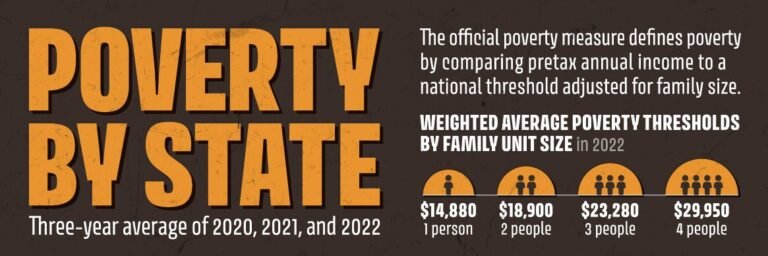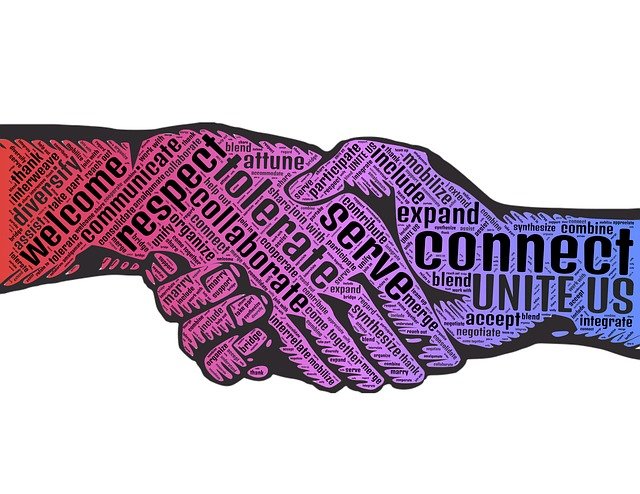An Ambitious Vision for Employee Empowerment
Liberating Oneself from Institutional Limitations
Advocating against workplace injustice demands substantial courage and often entails severe repercussions. Challenging entrenched systems within academic or corporate environments can jeopardize professional trajectories, threaten livelihoods, and precipitate psychological and emotional strain. Employees frequently navigate a challenging intersection between their ethical convictions and economic necessities. Existing institutional frameworks offer minimal, if any, robust safety nets for those who speak out.
As I reflect on this, I recall an older clip featuring Michelle Alexander, in which she warned a young Black male prosecutor about the systemic challenges he would inevitably face fighting against unjust mass incarceration everyday. She cautioned that despite his desire to enact meaningful change, the relentless pressure of the system might obstruct his efforts. In fact, she went so far as to suggest that he reconsider his decision to become a prosecutor altogether.
While I am not entirely certain I agree with her advice, I fully understand the core of her argument. I believe she was implying that, for one’s well-being and in the pursuit of genuine justice—without the constant need to compromise or gradually erode one’s moral integrity—it may be more effective to serve as a defense attorney or to pursue higher office. In these roles, one may find greater freedom to advocate for justice daily, without the perpetual struggle against institutional inertia or the temptation to capitulate to systemic pressures.
I first conceptualized the idea for this future service or enterprise during my second year as a doctoral student. The envisioned service would operate autonomously, outside the confines of existing organizations and institutions, thereby guaranteeing impartial support and advocacy. This model would distinguish itself from traditional business frameworks, which, in my view, often neglect crucial elements necessary for empowering employees to voice their concerns effectively. Specifically, it would incorporate comprehensive psychosocial support and specialized training tailored to each stage of the workplace complaint process: before, during, and after.
It is essential to clarify that this discussion is not intended to undermine or disparage the dedicated, principled professionals working within human resources departments. Many of these specialists perform their roles with integrity, diligence, and passion, often under strenuous conditions. However, the reality remains that institutions—whether academic, corporate, or otherwise—tend to prioritize self-preservation and organizational interests. While exceptions undoubtedly exist, this trend is more the norm than the deviation.
For individuals who courageously voice their concerns, this inherent conflict of interest can lead to profound negative consequences. What, then, is the solution? The answer lies in establishing a self-sufficient entity solely committed to employee welfare, advocacy, and equity—an independent organization dedicated to safeguarding the interests of those who challenge workplace injustices.
Presenting the Concept: Workplace Wellness Solutions
Envision a society in which employees are not compelled to sacrifice their ethics for the sake of fulfilling their financial obligations. A society in which individuals who advocate against discrimination, harassment, or corruption are supported by a committed network established to safeguard them. Workplace Wellness Solutions is a private organization that provides legal assistance, HR training, and mental health counseling to people experiencing workplace injustices.
Rationale for Its Existence Beyond Institutions
Proposals to collaborate with corporations or institutions undermine the intended objective. The fundamental problem resides in power dynamics. While support services are linked to the entities they want to hold accountable, the possibility of compromise will ALWAYS persist. Genuine empowerment arises from possessing a safety net that is autonomous, impartial, and unencumbered in its capacity to confront institutional authority without apprehension of retaliation.
Mechanisms of Workplace Wellness Solutions
Through Carefully Crafted Training Programs: Clients are equipped with essential knowledge about their rights and effective strategies for navigating workplace procedures should a problem arise. This education empowers individuals to identify injustices early, strategize their responses, and fully understand their available options. The significance of this approach became particularly evident during my dissertation research. Each of the twenty interviews I conducted revealed heart-wrenching narratives, ranging from situations that elicited a sympathetic, “I am so sorry you had to endure that,” to those that provoked incredulous reactions such as, “I cannot believe that happened to you—that was utterly abhorrent and appalling.”
- Legal Counsel: Every client is assigned a specialized team of an industry expert, a human resources attorney proficient in discrimination law, and a mental health counselor. This support persists through the duration of a legal case or mediation process.
- Mental Health Counseling: Workplace trauma transcends legal implications; it is profoundly personal. Clients have counseling to address the psychological impact of workplace maltreatment, guaranteeing comprehensive support.
- The strategy is proactive, preventative, and protective, instilling in employees the assurance to advocate for justice, secure in the knowledge that they would not confront repercussions in isolation.
Significance: Tangible Impacts on Individuals
Many are familiar with accounts such as that of Vicky Triponey, who encountered opposition for challenging influential individuals in academia. Or the Black professionals contending with the simultaneous constraints of systemic racism, sexism and occupational demands. In the absence of independent assistance, these individuals frequently encounter burnout, job setbacks, and mental health emergencies. The apprehension regarding vocal expression is warranted, and in the absence of structural reform, several individuals are deprived of viable alternatives.
Workplace Wellness Solutions provides a means to achieve justice while preserving livelihoods. It is not merely a service; it is a vital lifeblood.
Reevaluate Occupational Assistance
If you have ever refrained from reporting an injustice due to concerns about repercussions, understand that you are not solitary in this experience. We must establish environments in which employees can genuinely feel secure when expressing their concerns. This viewpoint is radical as it boldly confronts the fundamental bases of institutional authority. However, transformation necessitates risk—and perhaps, disruption.
Good people are being abused and are hurting. Given the shifting political landscape, it is imperative that we take a different approach.







